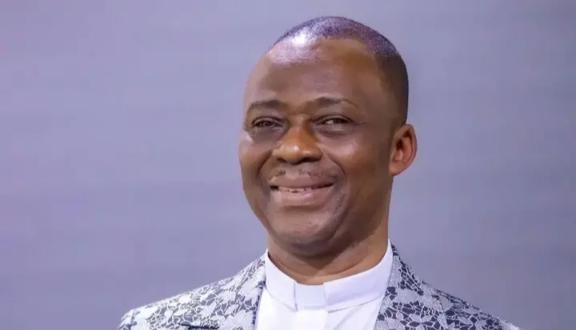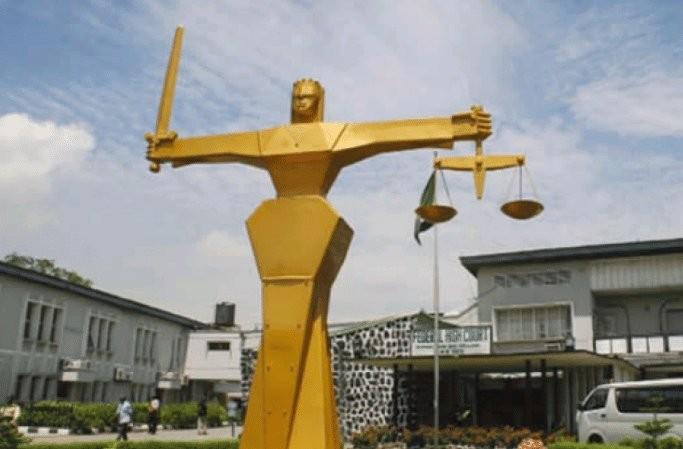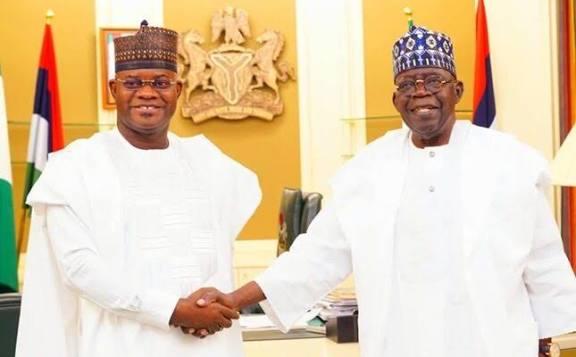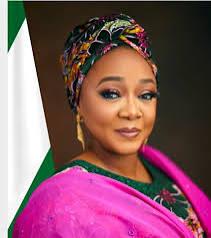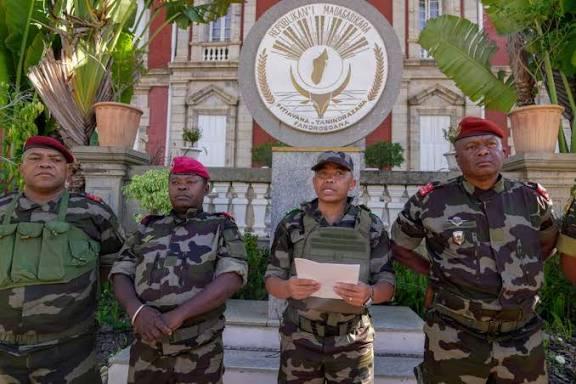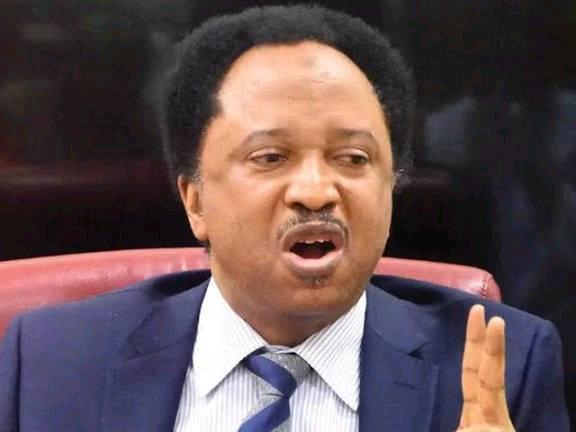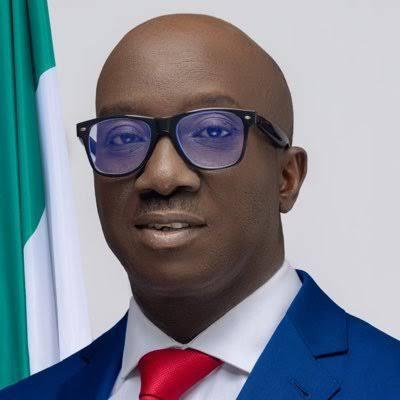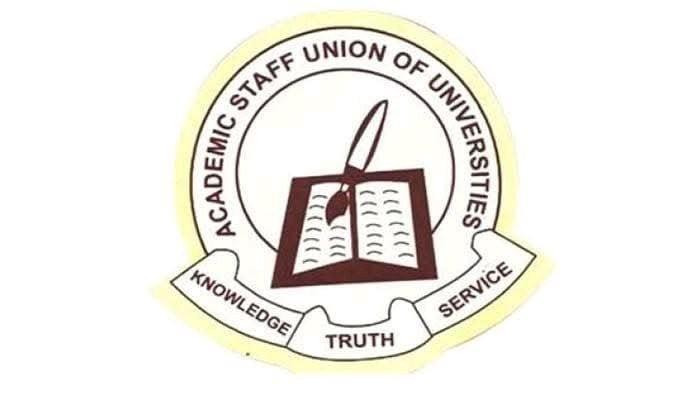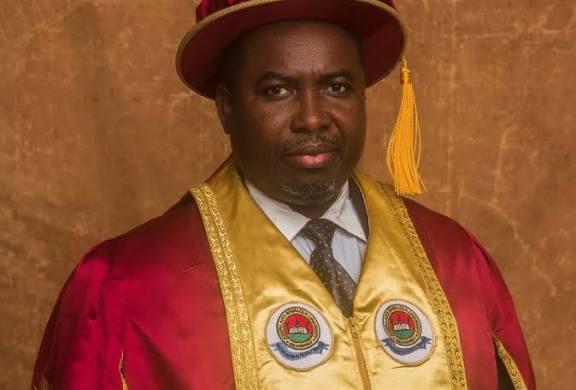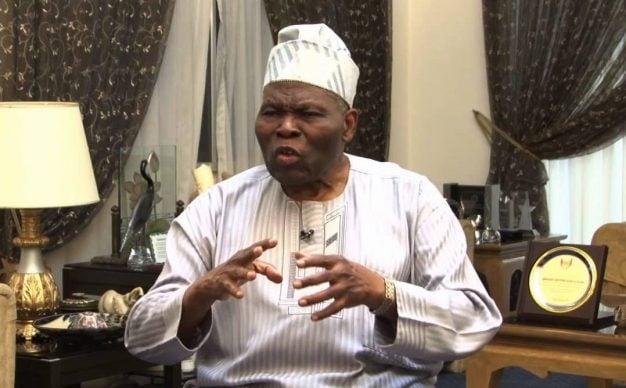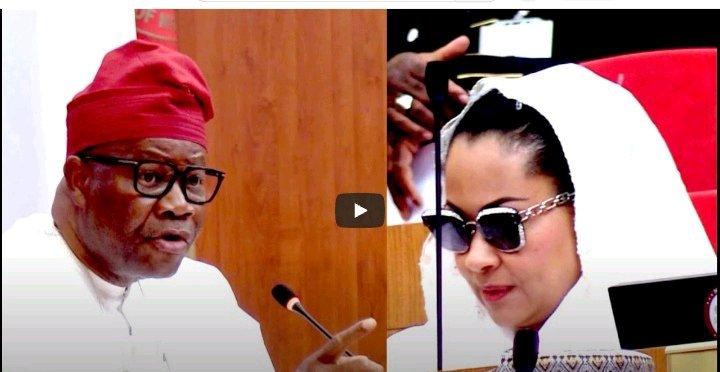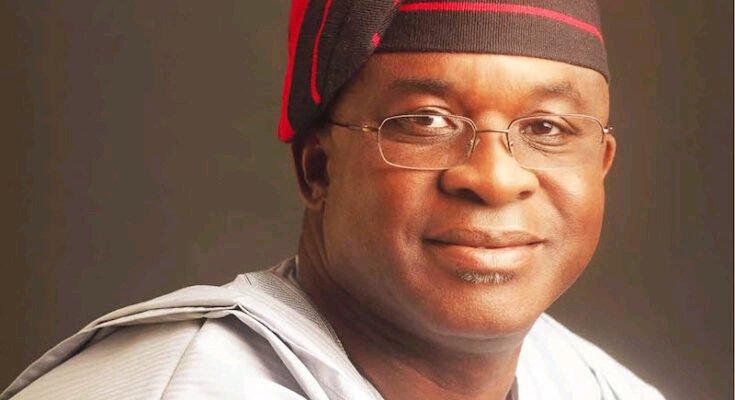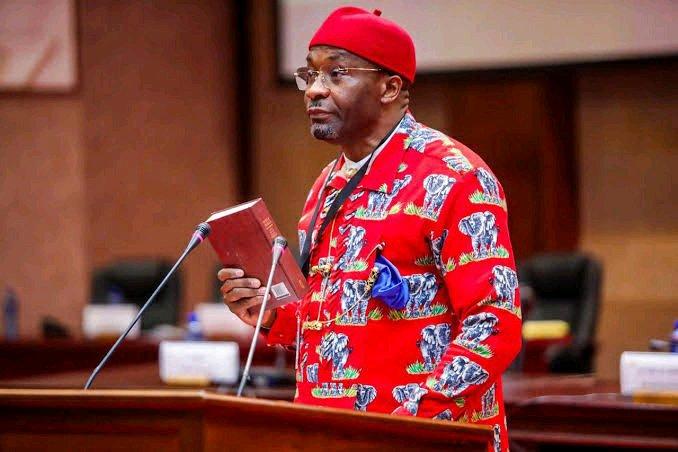Nigerian Police Arrest Sowore At Federal High Court In Abuja.
Sowore was picked up shortly after leaving the at the Federal High Court, where he had appeared on Thursday.
Human rights activist and former presidential candidate, Omoyele Sowore, has been arrested by the police in Abuja.
Sowore was picked up shortly after leaving the at the Federal High Court, where he had appeared on Thursday.
According to information obtained by SaharaReporters, the arrest was ordered by the Commissioner of Police in the Federal Capital Territory (FCT).
Sowore, who was scheduled to appear before Justice Emeka Nwite over what he described as a “bogus and farcical” charge of alleged forgery of a police wireless message, filed under the instruction of the “illegal Inspector-General of Police, Kayode Egbetokun”, was informed at the court that the judge would not be sitting.
A source disclosed that a police officer approached Sowore, informing him that he was under arrest on the orders of the FCT Commissioner of Police.
Members of his legal team, led by human rights lawyer Tope Temokun, immediately confronted the officers, demanding to know the reason for the sudden arrest. However, the police insisted they were acting on “direct instruction” from the Commissioner and proceeded to escort Sowore into a waiting vehicle.
Sowore, a long-time critic of government policies, is known for leading several pro-democracy and human rights movements across Nigeria.
Sowore movement, has faced multiple arrests and legal battles since 2019 over his criticism of government corruption and demand for good governance.
Sowore was picked up shortly after leaving the at the Federal High Court, where he had appeared on Thursday.
Human rights activist and former presidential candidate, Omoyele Sowore, has been arrested by the police in Abuja.
Sowore was picked up shortly after leaving the at the Federal High Court, where he had appeared on Thursday.
According to information obtained by SaharaReporters, the arrest was ordered by the Commissioner of Police in the Federal Capital Territory (FCT).
Sowore, who was scheduled to appear before Justice Emeka Nwite over what he described as a “bogus and farcical” charge of alleged forgery of a police wireless message, filed under the instruction of the “illegal Inspector-General of Police, Kayode Egbetokun”, was informed at the court that the judge would not be sitting.
A source disclosed that a police officer approached Sowore, informing him that he was under arrest on the orders of the FCT Commissioner of Police.
Members of his legal team, led by human rights lawyer Tope Temokun, immediately confronted the officers, demanding to know the reason for the sudden arrest. However, the police insisted they were acting on “direct instruction” from the Commissioner and proceeded to escort Sowore into a waiting vehicle.
Sowore, a long-time critic of government policies, is known for leading several pro-democracy and human rights movements across Nigeria.
Sowore movement, has faced multiple arrests and legal battles since 2019 over his criticism of government corruption and demand for good governance.
Nigerian Police Arrest Sowore At Federal High Court In Abuja.
Sowore was picked up shortly after leaving the at the Federal High Court, where he had appeared on Thursday.
Human rights activist and former presidential candidate, Omoyele Sowore, has been arrested by the police in Abuja.
Sowore was picked up shortly after leaving the at the Federal High Court, where he had appeared on Thursday.
According to information obtained by SaharaReporters, the arrest was ordered by the Commissioner of Police in the Federal Capital Territory (FCT).
Sowore, who was scheduled to appear before Justice Emeka Nwite over what he described as a “bogus and farcical” charge of alleged forgery of a police wireless message, filed under the instruction of the “illegal Inspector-General of Police, Kayode Egbetokun”, was informed at the court that the judge would not be sitting.
A source disclosed that a police officer approached Sowore, informing him that he was under arrest on the orders of the FCT Commissioner of Police.
Members of his legal team, led by human rights lawyer Tope Temokun, immediately confronted the officers, demanding to know the reason for the sudden arrest. However, the police insisted they were acting on “direct instruction” from the Commissioner and proceeded to escort Sowore into a waiting vehicle.
Sowore, a long-time critic of government policies, is known for leading several pro-democracy and human rights movements across Nigeria.
Sowore movement, has faced multiple arrests and legal battles since 2019 over his criticism of government corruption and demand for good governance.
0 Comentários
·0 Compartilhamentos
·37 Visualizações




